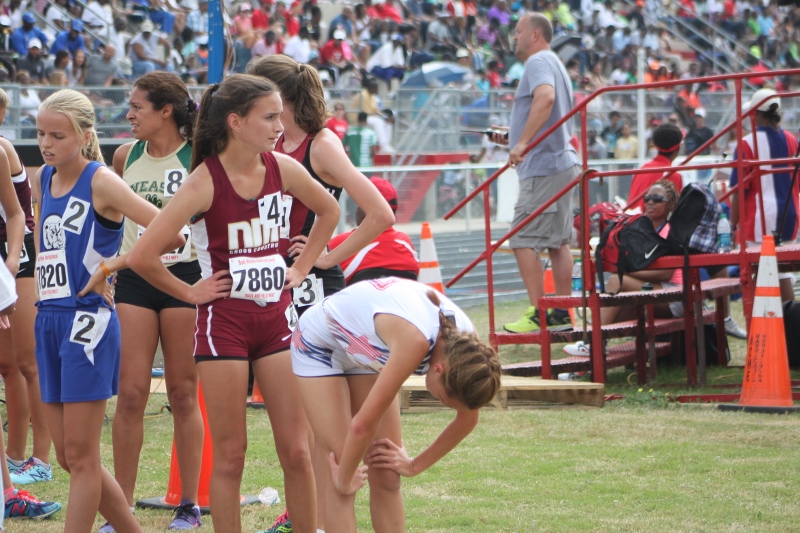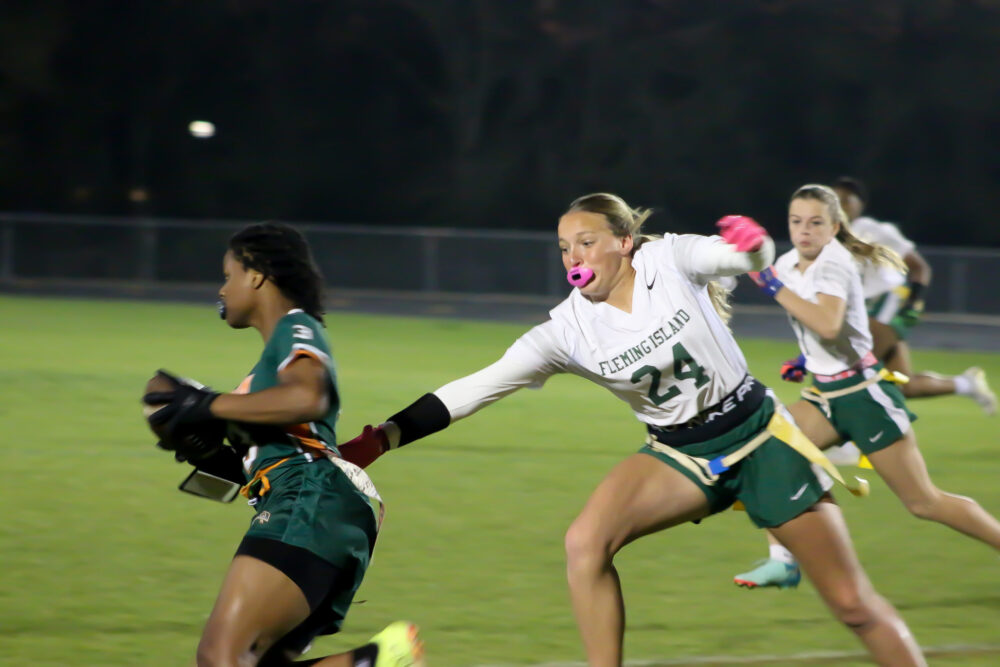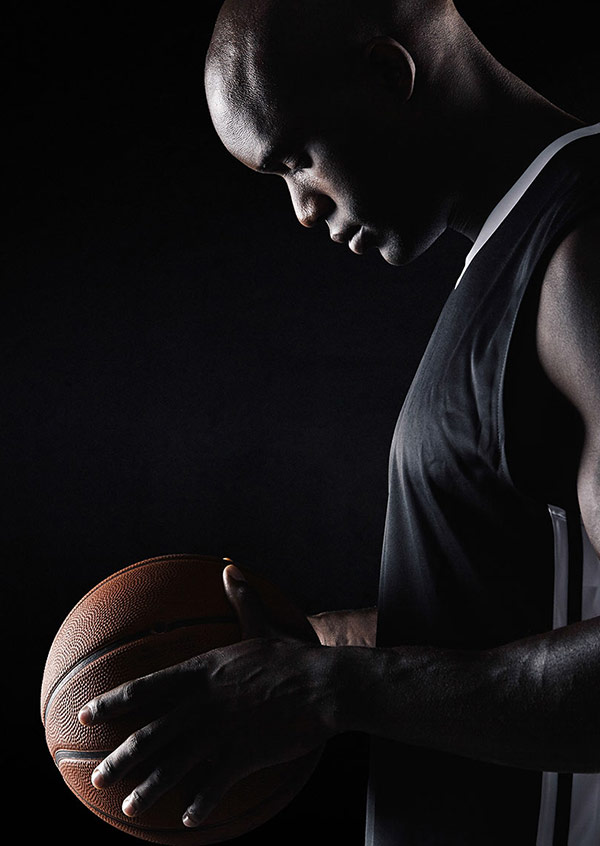
Playing sports competitively is inherently exciting, filled with highs and lows that affect you not only physically, but also mentally. Within the new Pixar film, Inside Out 2 the main character Riley has grown up experiencing the thrill of playing hockey. But throughout the movie Riley finds herself contending with some new emotions that are fueled by her desire to make new friends and to be the best on the team.
Specific to her time on the ice Riley like many athlete’s found herself dealing with an unexpected opponent: performance anxiety. It’s the nagging feeling that creeps in before games, leaving you feeling less confident in your talent and skills and threatening to ruin your hard work and confidence.
Understanding Performance Anxiety
Research has shown that performance anxiety affects between 30 and 60 percent of athletes (Rowland & van Lankveld, 2019). One study found that around 90% of high school student athletes experienced stress because of their sport, with common stressors including fear of failure and self-pressure (Ward et al., 2023). Another study found that if you are an athlete in an individual sport or a female athlete, you may be more likely to experience performance anxiety (Correia & Rosado, 2019).
It’s clear that performance anxiety impacts athletes across all levels of sports, but what exactly is it? Anxiety is a common aspect of competition and performance for athletes. However, when your level of anxiety is too high, or even too low, your performance can suffer (Meijen et al., 2022). Performance anxiety may reveal itself as nervousness, self-doubt, or an overwhelming fear of failure, hitting right before an important game or match.
The physiological symptoms can be equally, or even more, than psychological ones: a racing heart, sweaty palms, a constant pit in your stomach. All these symptoms can hurt your performance, even if you feel fully prepared, creating a mental roadblock between you and your potential.
Addressing the Root Causes
To effectively manage performance anxiety, it’s important to understand its root causes. Fear of failure, pressure to live up to expectations, and concerns about being judged can all increase your anxiety levels. Recognizing and understanding the triggers for performance anxiety can help you choose the best coping strategies to address your challenges. It’s also important to understand the role of self-efficacy, perceived control, and motivation in creating feelings of pressure (Meijen et al., 2021). Seeing pressure as a challenge rather than a threat can help you perform better and enjoy sports more (Meijen et al., 2021).
Coping Strategies for Performance Anxiety
Each athlete’s experience and most effective performance anxiety strategies will differ depending on the individual. Understanding performance anxiety can provide valuable information for athletes, coaches, and mental health professionals. By addressing anxiety and providing support, you can improve your performance and well-being (Ford et al., 2017). Here are several common coping strategies for dealing with performance anxiety:
- Mindful Meditation: Embrace the power of the present moment with mindful meditation. By focusing your attention on breathing or a personal mantra, you can anchor yourself in the present, and quiet anxious thoughts. Mindful meditation requires regular practice, but it can become a valuable tool for protecting your mental health.
- Positive Self-Talk: Your mind can be a powerful ally or enemy. Replace your negative thoughts with positive affirmations. Instead of focusing on what could or has gone wrong, remind yourself of your achievements and abilities. Work on building a healthy supply of positive self-talk that you can rely on when the stakes are high.
- Pre-Game Routines: Developing a consistent and helpful pre-game routine can be a game-changer in the battle against performance anxiety. Focus on activities that help you relax and focus. Some helpful pre-game routines may include listening to music, visualizing success, doing a series of calming stretches. Routines provide you with a sense of control and help you alleviate pre-game jitters and anxiety.
- Breathing Techniques: Deep, controlled breathing is a simple and effective technique to calm your nervous system. To practice deep breathing, inhale slowly through your nose, allow your abdomen to expand, and exhale slowly through your mouth. Consider making this technique a part of your pre-game routine and use it whenever you face anxiety.
- Visualization: Visualization is a simple, yet widely practiced technique. Picture winning in your mind and ask yourself, “what does success look like?” Visualization involves mentally rehearsing your performance, imagining each step of the process. This technique not only gives you a boost of confidence, but it also prepares your mind and body for what it will take to succeed, ideally making it more attainable.
Performance anxiety is a common challenge for student athletes, but also one that can be managed with the right strategies. Mindfulness, positive self-talk, and pre-game rituals are powerful tools in the battle against performance anxiety because they create a path to manage your nervousness and increase your performance. By incorporating these coping strategies into your training, you can build resilience, strengthen your confidence, and perform at your best when it matters most.
References
Correia, M. E., & Rosado, A. (2019). Anxiety in athletes: Gender and type of sport differences. International Journal of Psychological Research, 12(1), 9–17. https://doi.org/10.21500/20112084.3552
Ford, J., Ildefonso, K., Jones, M., & Arvinen-Barrow, M. (2017). Sport-related anxiety: Current insights. Open Access Journal of Sports Medicine, Volume 8, 205–212. https://doi.org/10.2147/oajsm.s125845
Meijen, C., Turner, M. J., & Jones, M. V. (2022). How to see pressure in sport as a challenge, not a threat. Frontiers for Young Minds, 10. https://doi.org/10.3389/frym.2022.681496
Rowland, D. L., & van Lankveld, J. J. (2019). Anxiety and performance in sex, sport, and stage: Identifying common ground. Frontiers in Psychology, 10. https://doi.org/10.3389/fpsyg.2019.01615
Ward, T., Stead, T., Mangal, R., & Ganti, L. (2023). Prevalence of stress amongst high school athletes (V2). Health Psychology Research, 11. https://doi.org/10.52965/001c.70167
















